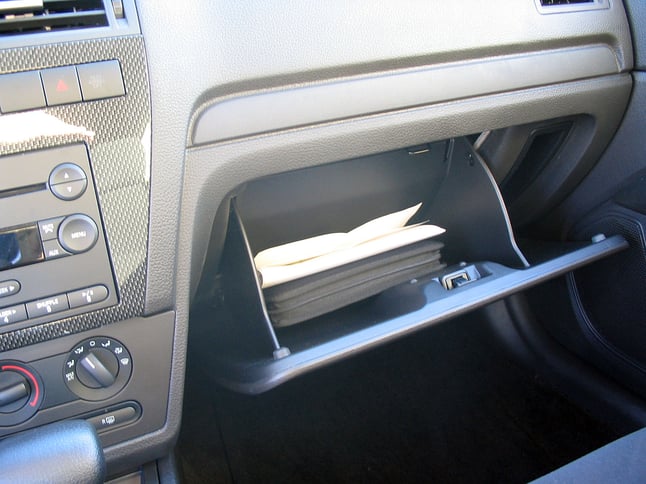**UPDATE: Later 2015 NJ case law has changed some aspects of the standard for vehicle searches. While the facts of this case remain unchanged, the controlling legal standards have been updated. Please read our more recent blog post for an updated discussion on warrantless vehicle searches.**
Is it okay if, while a driver is being treated for an automobile accident, a trooper searches his vehicle without his consent, for the legitimate purpose of obtaining his insurance and registration? In a unanimous recent decision, the NJ Supreme Court said “no,” unless the driver is unwilling or unable.[1]
On March 22, 2009, Duran Keaton was involved in an auto accident on Interstate 295 in Camden County, New Jersey. He suffered facial injuries in the collision and was being treated by paramedics at the scene when law enforcement officers arrived. Without first asking Keaton for his insurance information and vehicle registration, a state trooper entered Keaton’s overturned vehicle and searched his glove box. While performing that search, the trooper saw marijuana and a handgun in “plain view” (usually an exception to the warrant requirement). Keaton was arrested and charged with various weapons and drug charges. He challenged the admission of the evidence on the grounds that the search itself did not meet the requirements needed to justify a warrantless search.

Law enforcement is not generally allowed to search your car without a warrant absent a reasonable suspicion that something dangerous or illegal is concealed in your car. New Jersey requires that an officer have such a reasonable, specific, articulable suspicion and demonstrate that “exigent circumstances” existed for the evidence obtained from a search to be admissible in court.[2] However, law enforcement officers, when responding to automobile accidents, are required by statute to obtain the names and addresses of those involved, registration information, insurance information, vehicle identification numbers, and license plate information. And in 1980, the court ruled in State v. Patino that police could search for credentials without a warrant if the driver was unable or unwilling to do so on his own.[3]
On that basis, the trooper claimed that he was engaged in the legitimate process of trying to obtain that necessary information and therefore met the criteria to make a permissible warrantless search. However, the officer noted that he did nothing to ascertain whether Keaton was able or willing to provide them on his own; he claimed he was trying to be efficient and not interrupt Keaton’s medical care. The Supreme Court opined that the trooper should have first asked Keaton to provide the required documents before he took it upon himself to search the vehicle, even if he was motivated by convenience or kindness, because the Patino exception only applies if the driver is unable or unwilling.
The Court ruled that because the marijuana and weapon were only in obtained as a result of the improper search, they should not have been allowed as evidence against Keaton. Even if they were in “plain view,” because they wouldn’t have been seen except for the invalid search, they were “fruit of the poisoned tree” and must be excluded.
If you think that your rights have been violated during a traffic stop, or you’ve been arrested in a vehicle-related incident, consult a knowledgeable criminal defense lawyer like those at the Mark Law Firm in Basking Ridge to determine if there are any legal remedies available to you. Our experienced attorneys in Newark, Oradell, and Basking Ridge are available to represent you in criminal and civil disputes, as well as personal injury lawsuits. Contact us today.
Download our free, handy guide to your rights during a vehicle stop or any other police interaction! Just click the button below.
[1] State v. Keaton (New Jersey Supreme Court, 2015).
[2] State v. Hammer (New Jersey Supreme Court, 2001).
[3] State v. Patino (New Jersey Supreme Court, 1980).



.svg)